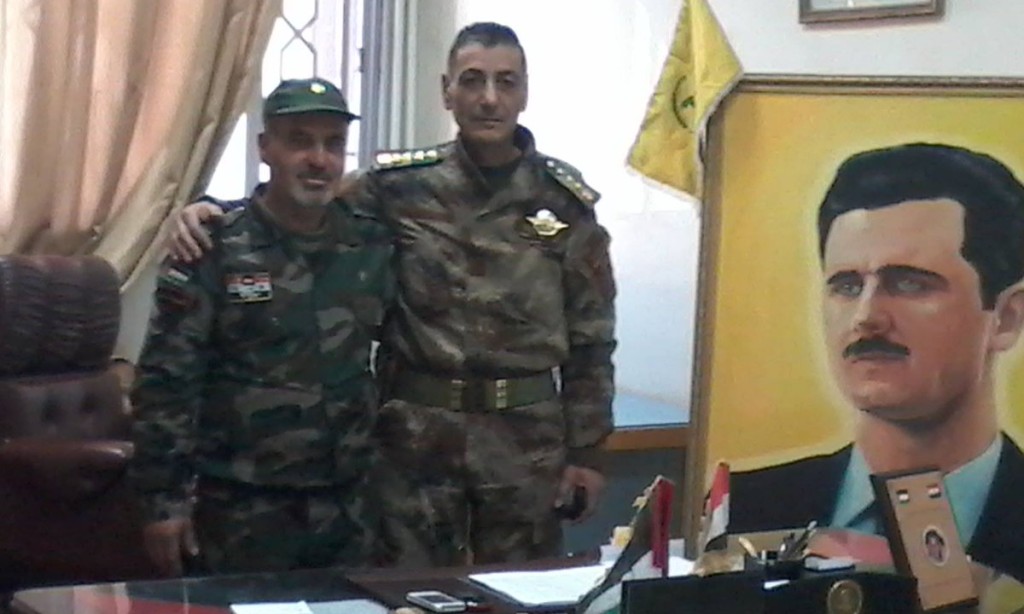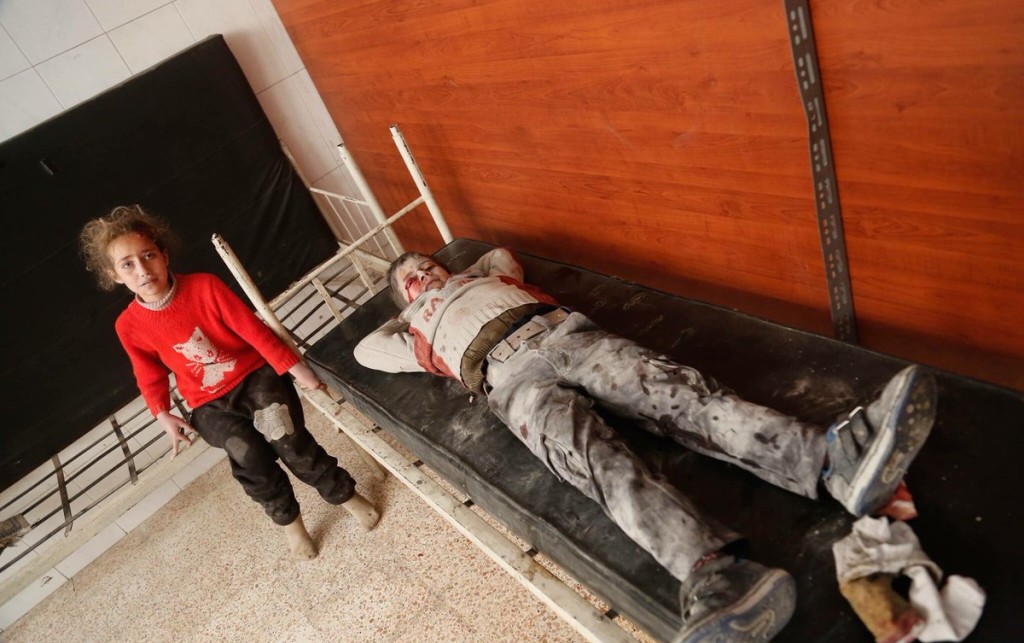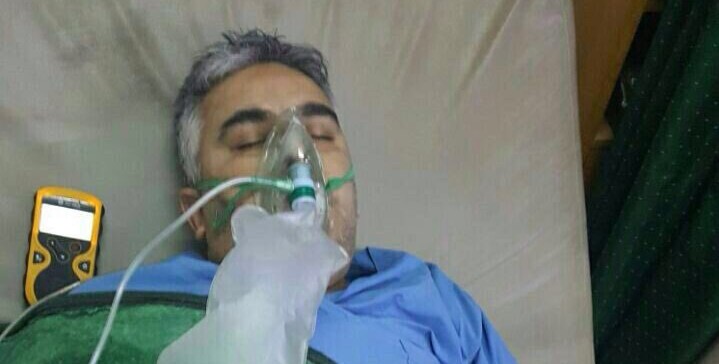LATEST
- Rebel Attack in Daraa Kills Regime General & Other Officers
- Opposition Demands Ceasefire For Political Talks to Proceed
Diverting forces from other fronts, the Assad regime and its allies are trying to turn back a rebel offensive that has closed on Hama, Syria’s fourth-largest city.
The Syrian military asserted on Saturday, “Units of our armed forces and allied forces restored the [village] of Kawkab and continue their military operations in more than one direction of the northern Hama countryside.”
However, rebels held onto all other towns and villages taken since Tuesday, in an advance claiming more than 90 square km (37 square miles) and moving within 5 km (3 miles) of both Hama city and Hama airport. They continue to surround the key town of Qomhana, to the north of Hama.
See Syria Daily, March 25: The Battle for Qomhana in Hama Province
Facing a major setback that would reverse its narrative of “winning” in recent months, the regime withdrew forces from northern Aleppo Province, including the strategic village of Tadaf which it occupied in late February.
Pro-Assad forces had occupied Tadaf as a Turkish-rebel offensive took the nearby town of al-Bab from the Islamic State. The two sides briefly clashed before Russia brokered a tense accommodation.
The regime was also accused of resorting to chemical weapons as pro-Assad strikes pounded both northern Hama and neighboring Idlib Province. Videos and witness testimony pointed to a “gas attack” on Latamneh in northern Hama which reportedly killed two people, including a doctor, and wounded more than 30.
Citing the Hama fighting, Regime officials postponed the second stage of the forced removal of rebels, their families, and other civilians from al-Wa’er, the last opposition-held area of Homs city.
The first 2,000 people were transferred to northern Syria last week after a capitulation agreement was finally reached following the intervention of the Russian military.
Homs Province Governor Talal al-Barazi said the operation, expected remove up to 20,000 rebels and residents, would continue on Monday.
Rebels of the Free Idlib Army repelling a regime attack near al-Shiyah (see map), west of Hama city:
#Hama Battle: Free Idlib Army repelling pro-Regime on Al-Shiyah front. https://t.co/nYHdSWPB51 pic.twitter.com/7GGCHX65vW
— Qalaat Al Mudiq (@QalaatAlMudiq) March 26, 2017
On the Damascus front, there was better news for the regime on Saturday with the declaration that it has regained all positions lost in a rebel offensive launched last weekend in Jobar in the northeastern part of the capital.
The rebels had advanced as far as Abbassiyeen Square, occupying the bus garage and part of the industrial area linking Jobar with the Damascus suburb of Qaboun.
Intense Russian and regime airstrikes finally forced the withdrawal of the attackers.
TOP PHOTO: Dr Ali Darwish, reportedly killed in a regime “gas attack” on Saturday
Rebel Attack in Daraa Kills Regime General & Other Officers
A rebel attack on a regime operations room in southern Syria has killed a general and other officers.
Casualties in the raid in al-Manshiyah included Brig. Gen. Adnan (pictured on right) of the 15th Division Special Forces.

Opposition Demands Ceasefire For Political Talks to Proceed
The opposition has again demanded that a substantial ceasefire be established before political talks
with the regime.
Nasr Hariri, the lead negotiator of the opposition High Negotiations Committee, spoke in Geneva after meeting UN envoy Staffan de Mistura on Saturday.
He noted one of the latest deadly bombing, with 15 civilians killed and 70 wounded in airstrikes on a market in Hamouriya in Damascus Province..
“I am talking about the killing machine and terror machine of the Assad regime,” Hariri said as he read the names of victims. He accused the government of the forced displacement of civilians and imposing “demographic change”.
“Any political solution would not be meaningful or credible if it was not accompanied with a real ceasefire on the ground,” Hariri said. “If we don’t have that real ceasefire then things will deteriorate very badly.”
Bloodied children who survived the attack on Hamouriya:

The opposition-rebel bloc did not attend the previous set of talks in the Kazakhstan capital Astana because of ongoing pro-Assad attacks, defying the nominal ceasefire declared by Russia, Turkey, and Iran on December 30. While the HNC has gone to Geneva, it is insisting on a halt to the strikes before proceeding with indirect discussions with the regime on political transition.
De Mistura appeared to recognize the opposition’s concerns on Saturday, saying he had written to the Russian, Iranian, and Turkish Foreign Ministers calling on them to “undertake urgent efforts to uphold the ceasefire regime”:
Growing violations in recent days are undermining the ceasefire regime addressed through the Astana meetings, with significant negative consequences for the safety of Syrian civilians, humanitarian access. and the momentum of the political process.


Trackbacks/Pingbacks